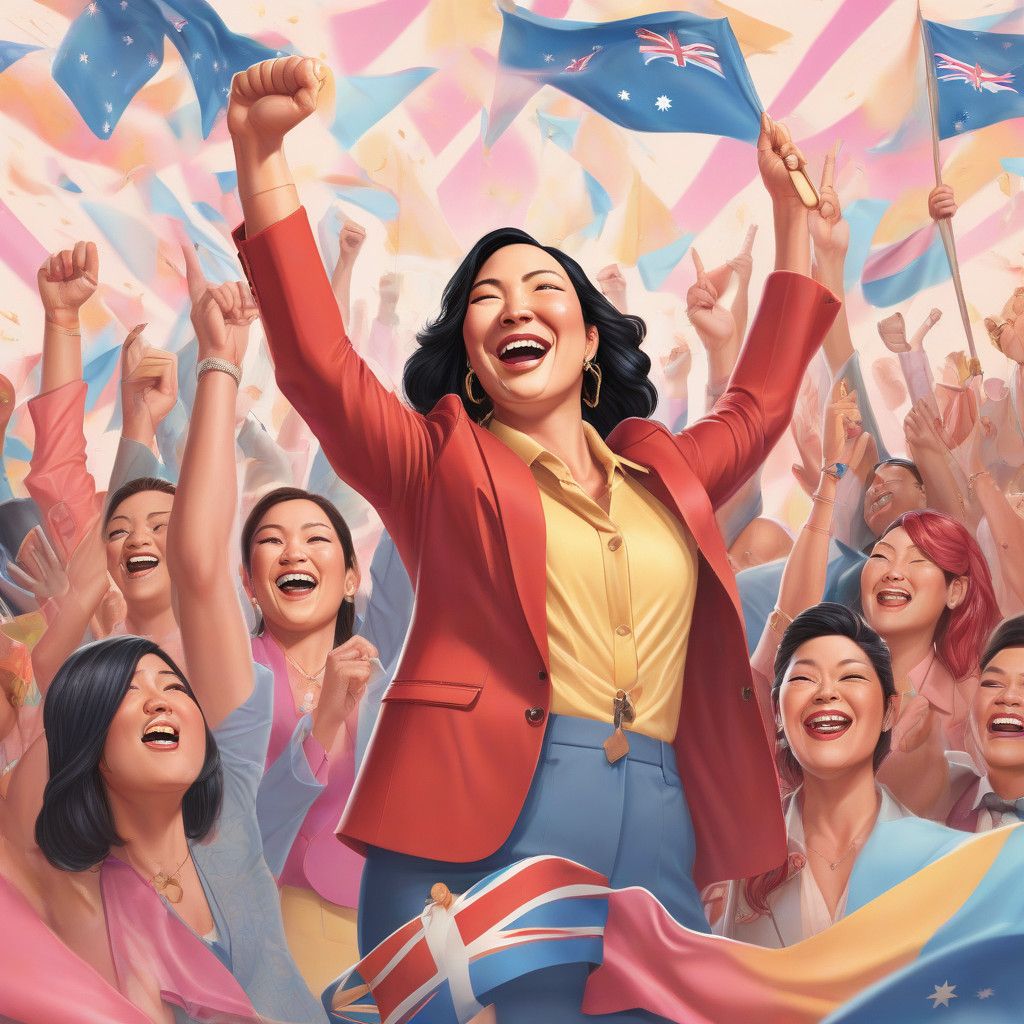The legal landscape surrounding gender identity rights in Australia witnessed a significant shift with the recent ruling by the Federal Court in favor of Roxanne Tickle, a transgender woman who was removed from the female-only social networking app, Giggle for Girls. This court ruling is a pivotal moment, marking the first time the court addressed issues of gender identity discrimination under the amended Sex Discrimination Act enacted in 2013.
Roxanne Tickle’s journey towards justice began after Giggle for Girls revoked her membership, stating that she did not meet their criteria for a woman based strictly on her sex assigned at birth. The court found this decision to be discriminatory, awarding Tickle AU$10,000 in damages along with her legal costs. This decision highlights a growing recognition of transgender individuals’ rights within the framework of Australian law.
The court’s ruling underscored that simply relying on sex assigned at birth as the sole criterion for defining gender identity is increasingly seen as an outdated practice. Judge Robert Bromwich pointed out that Tickle had undergone gender-affirming surgery and had updated her birth certificate to reflect her gender identity. Such steps are crucial in affirming one’s identity and should be respected by society and its institutions.
Experts have heralded this ruling as a landmark victory for transgender rights in Australia. Professor Paula Gerber from Monash University emphasized the importance of this case as a clear message that transgender women should not be treated differently from cisgender women. This sentiment is particularly pertinent to the context of women-only spaces such as social networking platforms, which often aim to provide safe environments for women.
Giggle for Girls, marketed as a safe space for women, faced considerable backlash after Tickle’s removal from the platform. Although the app has ceased operations amidst the controversy, it is planning to relaunch, with its founder, Sally Grover, acknowledging the court’s judgment. She affirmed that discussions around women’s rights would remain ongoing, hinting at the complex intersection of gender identity and the rights of women.
Tickle expressed her relief following the court’s decision, describing the ruling as a form of ‘healing’ after enduring online abuse and discrimination. Her case illustrates the struggles many transgender individuals face in asserting their identities and rights. The psychological toll of such discrimination can be profound, highlighting the need for broader societal understanding and legal protections for marginalized groups.
This legal precedent cannot be understated. It represents a shift towards a more inclusive approach in the interpretation of laws regarding gender, which advocates hope will lead to further protections for the LGBTQ+ community in Australia. With the court’s commitment to recognizing the rights of transgender individuals, there is hope for future legal advancements that continue to dismantle discriminatory practices against marginalized groups.
As Australia grapples with its evolving gender rights landscape, Tickle’s case stands out as a turning point, prompting a reassessment of how gender identity is understood within society. This ruling could pave the way for more comprehensive policies that protect individuals from discrimination based on gender identity, further enriching the tapestry of human rights in the nation.
In conclusion, the Federal Court’s decision not only signals progress for gender identity rights in Australia but also serves as a reminder of the enduring fight against discrimination. It emphasizes the importance of legal recognition and societal acceptance of transgender individuals, fostering a climate where everyone can navigate their identity without fear of exclusion or prejudice.











